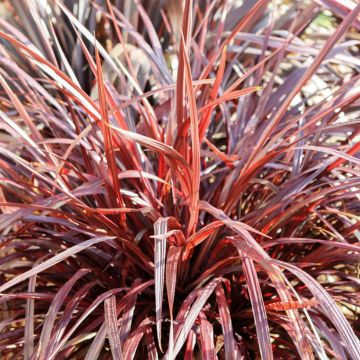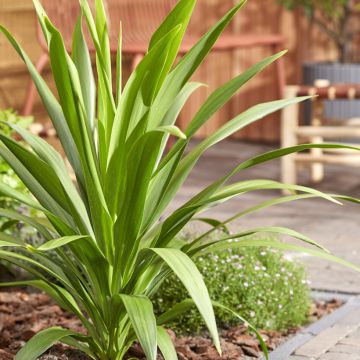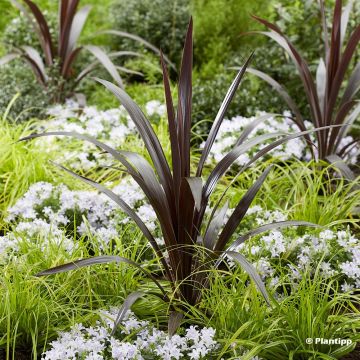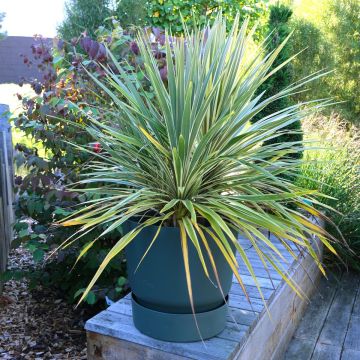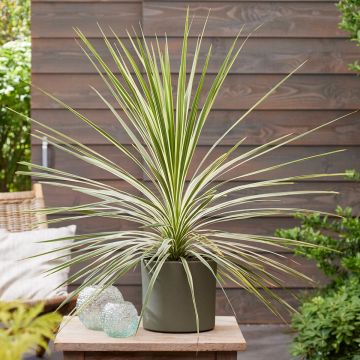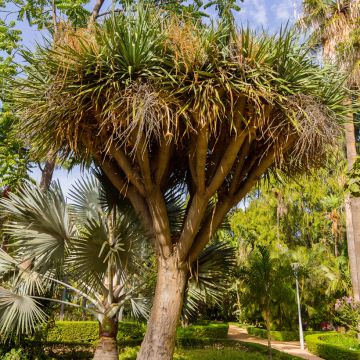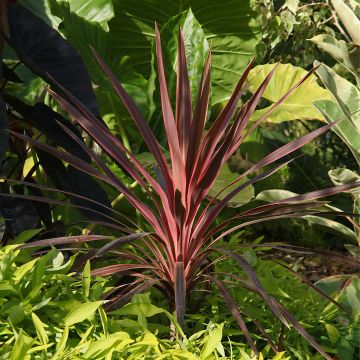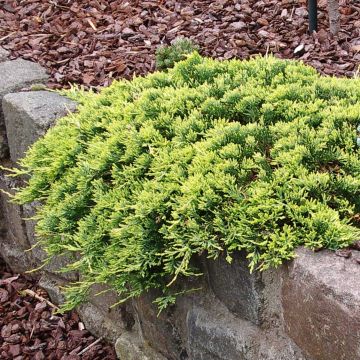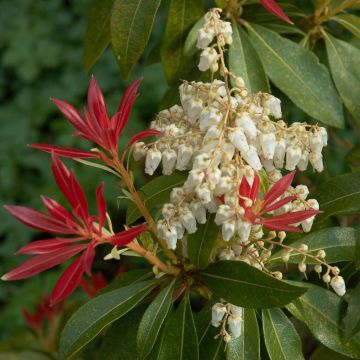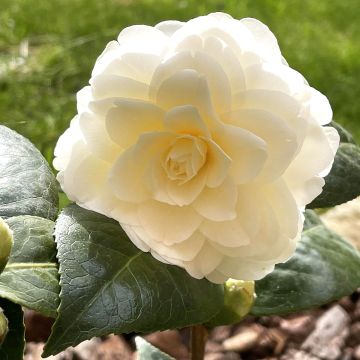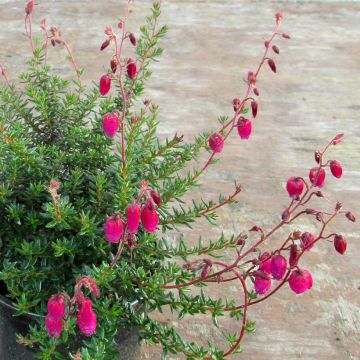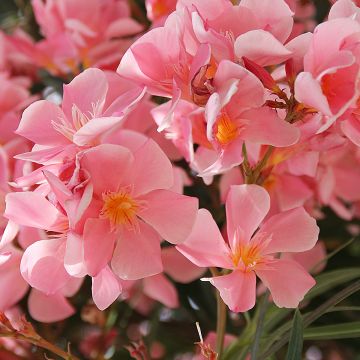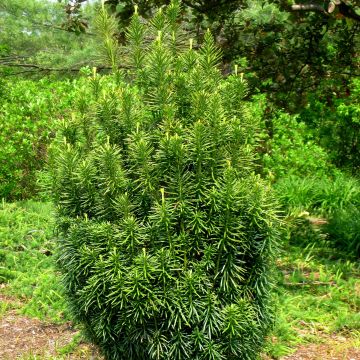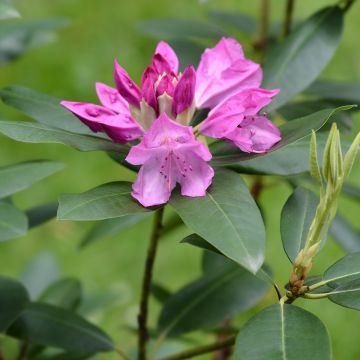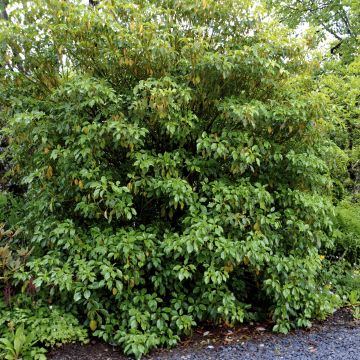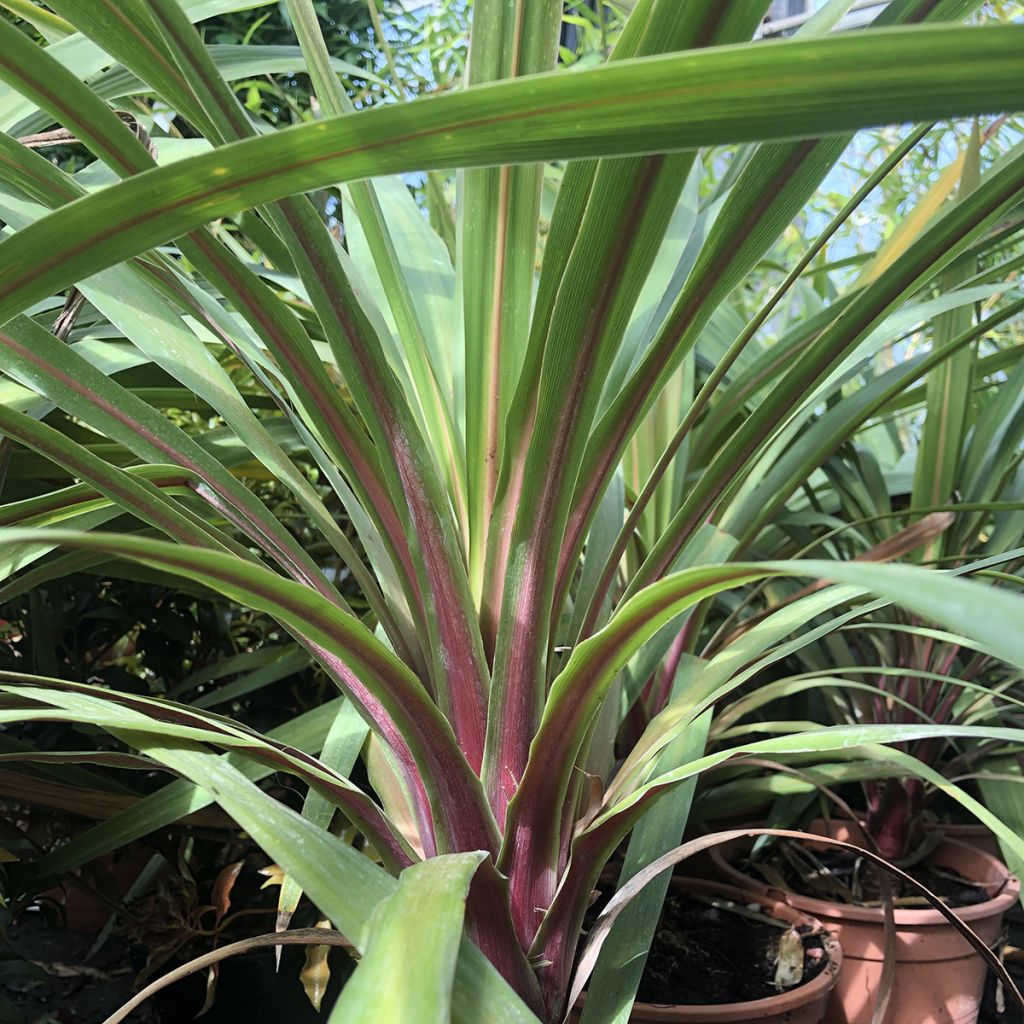

Cordyline australis Peko
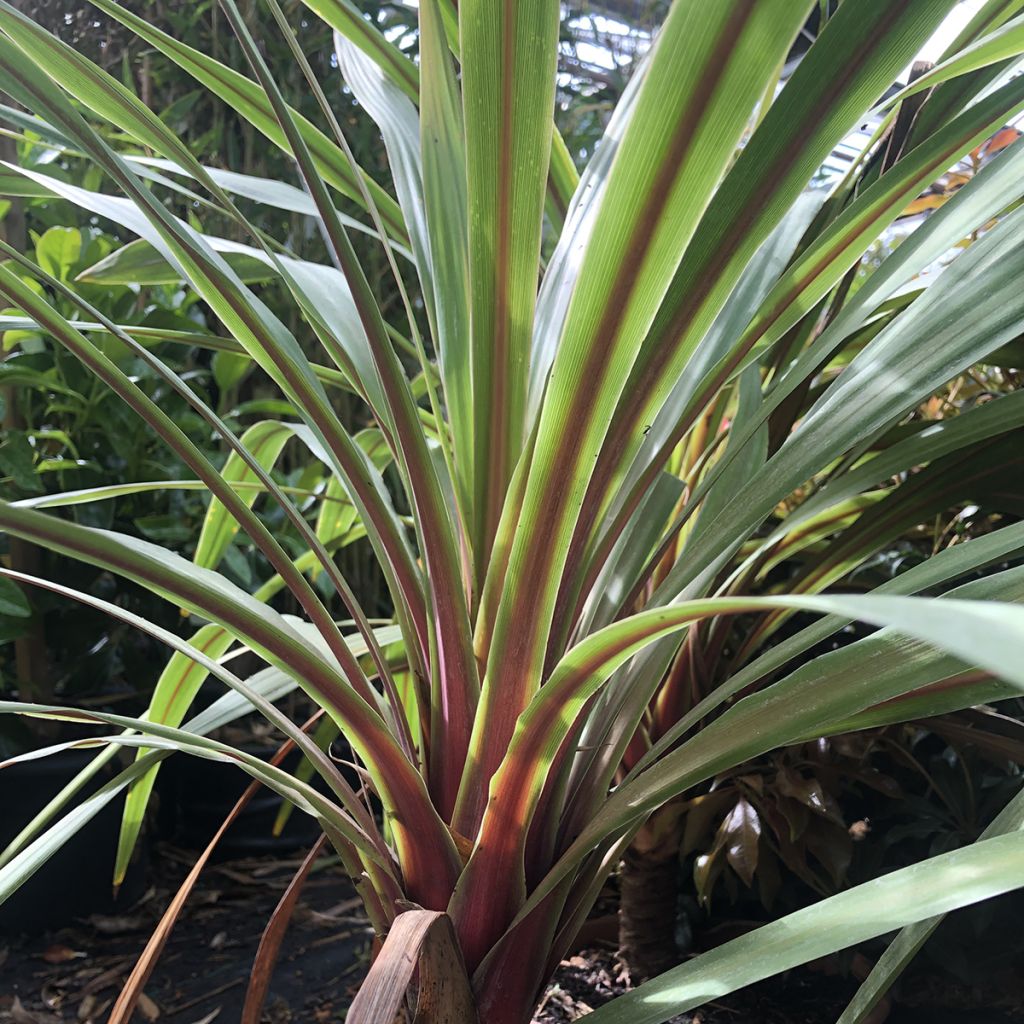

Cordyline australis Peko
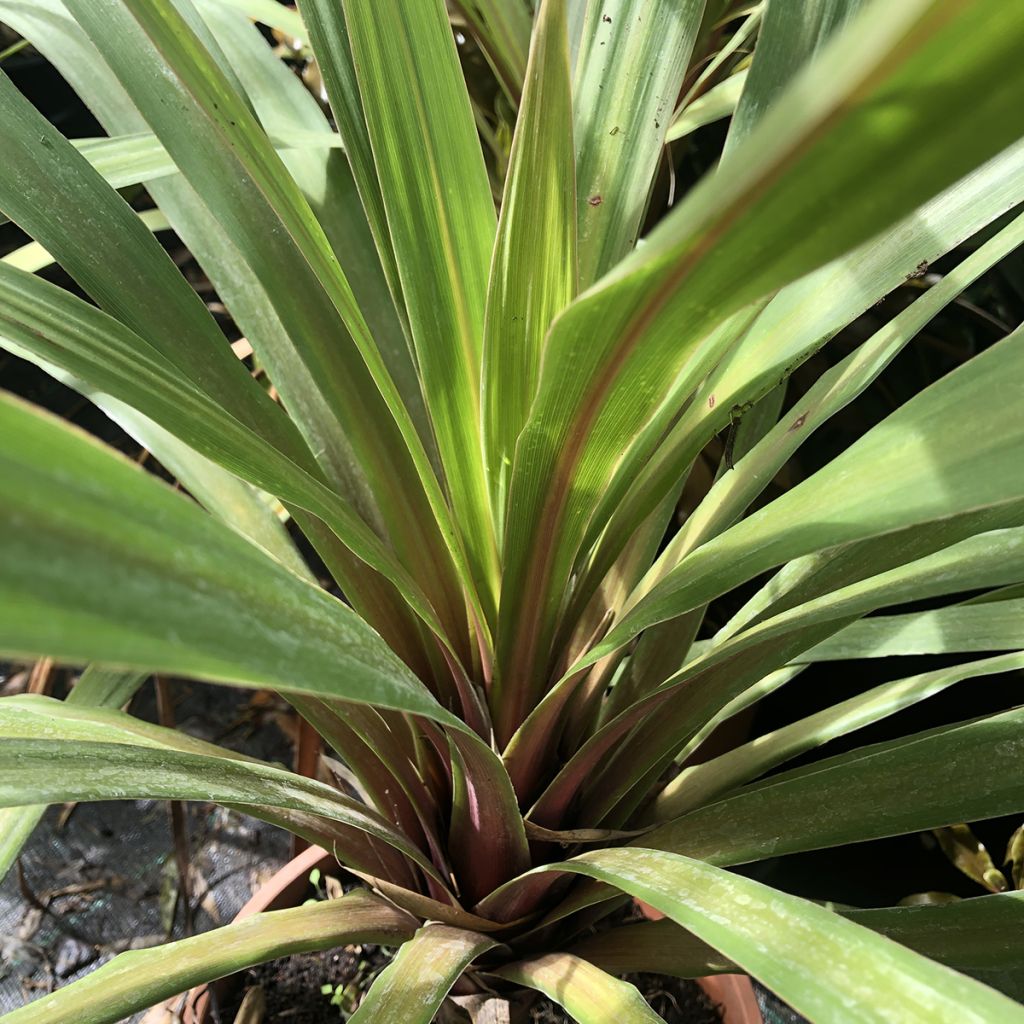

Cordyline australis Peko
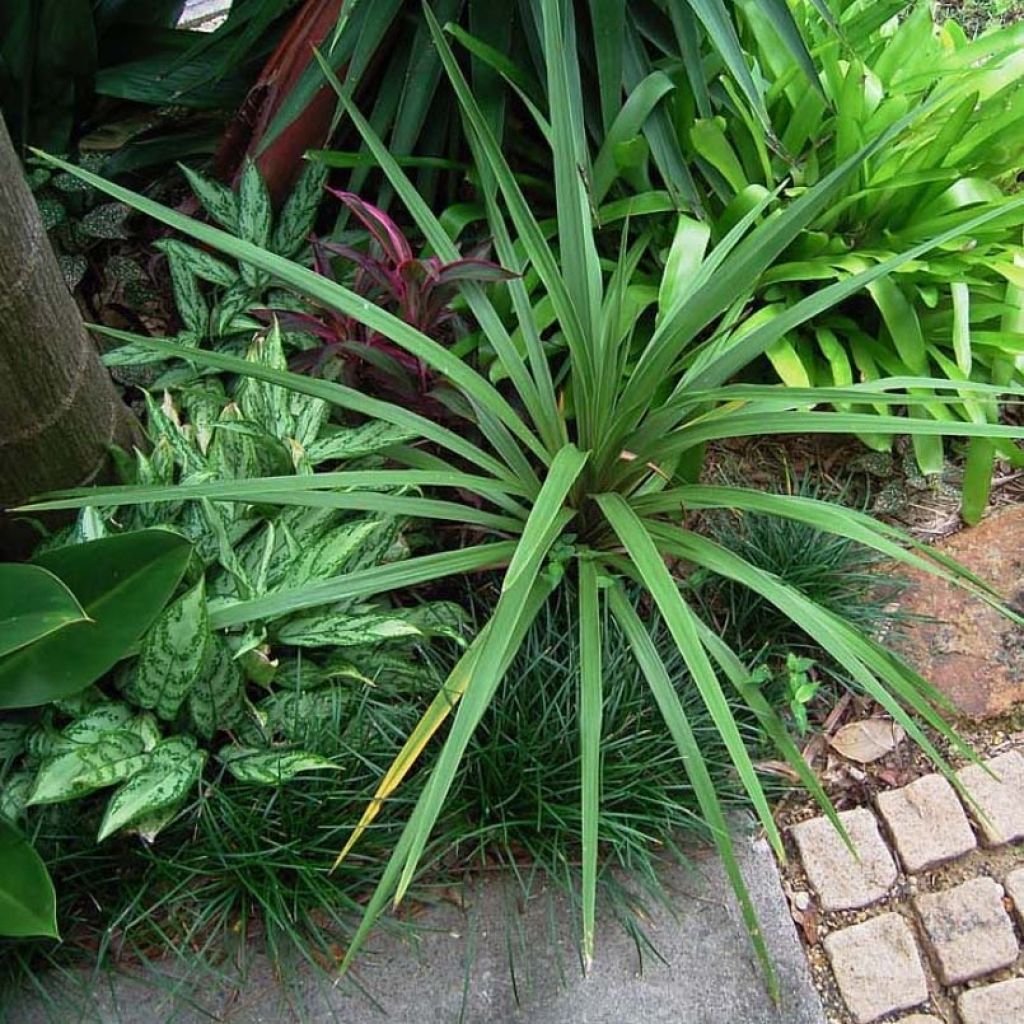

Cordyline australis Peko
Cordyline australis Peko - Cabbage Tree
Cordyline australis Peko
Cabbage Tree, New Zealand Cabbage palm
They arrived in great condition and look beautiful. I can't wait for them to shoot.
Delphine, 18/08/2020
Special offer!
Receive a €20 voucher for any order over €90 (excluding delivery costs, credit notes, and plastic-free options)!
1- Add your favorite plants to your cart.
2- Once you have reached €90, confirm your order (you can even choose the delivery date!).
3- As soon as your order is shipped, you will receive an email containing your voucher code, valid for 3 months (90 days).
Your voucher is unique and can only be used once, for any order with a minimum value of €20, excluding delivery costs.
Can be combined with other current offers, non-divisible and non-refundable.
Home or relay delivery (depending on size and destination)
Schedule delivery date,
and select date in basket
This plant carries a 24 months recovery warranty
More information
We guarantee the quality of our plants for a full growing cycle, and will replace at our expense any plant that fails to recover under normal climatic and planting conditions.
Would this plant suit my garden?
Set up your Plantfit profile →
Description
Cordyline australis 'Peko' resembles a small multicoloured palm tree, with its long slightly arched leaves tinged with carmine pink at the base and striped with yellow in the centre. It is a small variety, decorative all year round. Over time, it forms a short trunk and blooms in summer, in the form of huge panicles of white and fragrant flowers that remain decorative for a long time. This plant, with a very exotic appearance, is sensitive to heavy frosts and particularly thrives in coastal gardens which are not too dry. Elsewhere, it can be grown in a large pot to adorn the veranda during the winter season.
Cordyline australis is a perennial tree-like plant of the agave family endemic to New Zealand. In nature, this plant reaches a height of 20 m (65 ft 7 in) and forms a robust trunk that branches out into numerous leafy heads that can reach 1 m (3 ft 4 in) in length. The cordyline is found in diverse habitats, such as forest edges, riverbanks, and open areas, particularly near marshes. It prefers sandy or loamy soil, slightly acidic to neutral that always remains moist at depth.
The 'Peko' variety is distinguished by its small size, slow growth, and remarkably colourful foliage. The plant has a rosette-like habit in its juvenile state (for several years), then it forms a small tree with a single trunk and branches adorned with leafy tufts. This variety reaches a height of about 1.50 m (4 ft 11 in), with a spread of 90 cm (35.4 in) to 1 m (3 ft 4 in). Its evergreen leaves are long and narrow, sword-shaped, pointed and slightly arched, measuring 40 to 60 cm (15.7 to 23.6 in) in length and 3 to 7 cm (1.2 to 2.8 in) in width at the base. They have numerous parallel veins and are strongly tinged with pink-red at the base. Flowering occurs in summer on mature plants. Each branch can develop once it has produced a floral stem. The small white-pink, honey-scented flowers are borne on large dense panicles measuring 60 to 100 cm in length. The fruit is a white round berry measuring 5 to 7 mm (0.2 to 0.3 in) in diameter, highly appreciated by birds. On mature specimens, the pale to dark grey, corky and fissured bark is spongy to the touch. This Peko variety can withstand temperatures ranging from -8°C (17.6 °F) to -10°C.
Resistant to wind and salt spray, Cordyline australis Peko is a good plant for coastal areas. It can be planted in the ground in the centre of a flower bed or in a rockery and performs well in a large pot that can be moved from the terrace to the veranda in winter. In this usage, it is necessary to pay close attention to watering and feeding. These remarkable plants, like banana trees, proteas, cannas, bamboos, giant miscanthus, or castor oil plants, will give a truly exotic aspect to our gardens and terraces.
Report an error about the product description
Cordyline australis Peko - Cabbage Tree in pictures
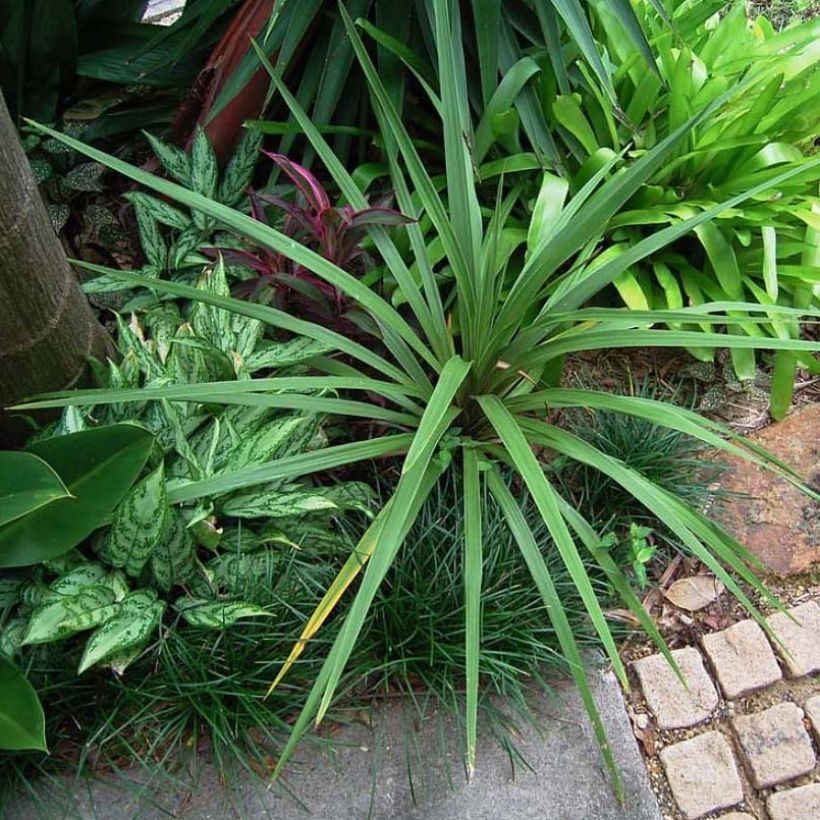

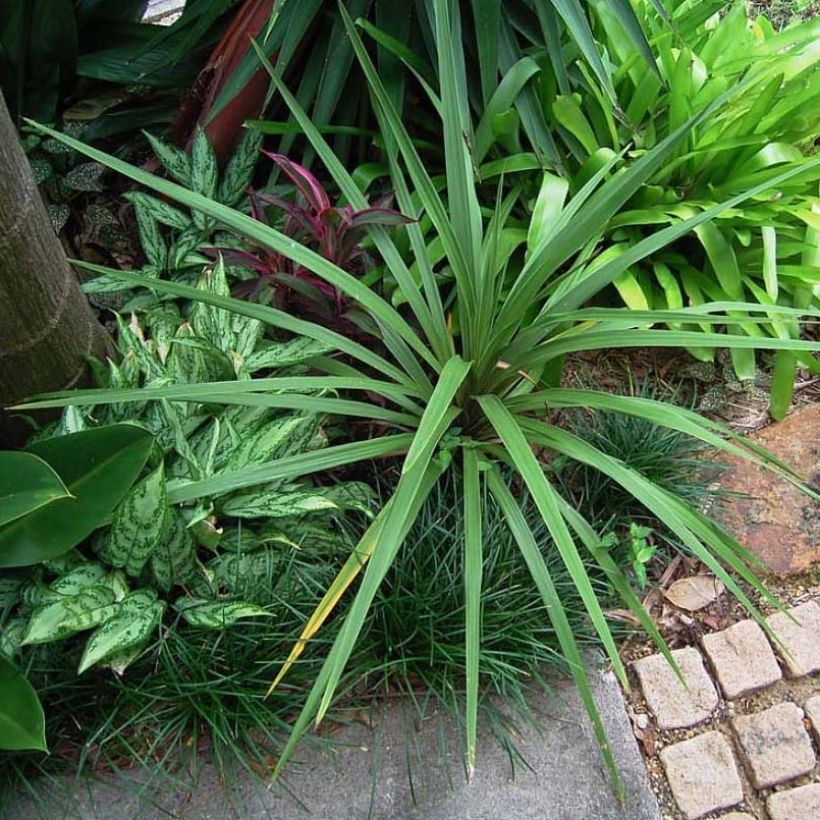

Plant habit
Flowering
Foliage
Botanical data
Cordyline
australis
Peko
Agavaceae
Cabbage Tree, New Zealand Cabbage palm
Cultivar or hybrid
Other Cordyline
View all →Planting and care
Cordyline australis Peko thrives in the sun in moist and well-drained, sandy or loamy, non-limestone soil. It tolerates winds and sea sprays but shelter it from cold North winds. It appreciates the sun and high summer temperatures but does not like dry, arid soils, or waterlogged ones. Its prefers mild and relatively humid climates in summer. In dry climates it will need regular watering in summer. When planting in spring, add sand and leaf mold. In winter, protect the top of the bush with fleece. The Cordyline does not require any particular pruning, just remove dried leaves and faded flowers. Only water in case of drought. It has few pests as it does not attract predators.
Planting period
Intended location
Care
-
, onOrder confirmed
Reply from on Promesse de fleurs
Similar products
Haven't found what you were looking for?
Hardiness is the lowest winter temperature a plant can endure without suffering serious damage or even dying. However, hardiness is affected by location (a sheltered area, such as a patio), protection (winter cover) and soil type (hardiness is improved by well-drained soil).

Photo Sharing Terms & Conditions
In order to encourage gardeners to interact and share their experiences, Promesse de fleurs offers various media enabling content to be uploaded onto its Site - in particular via the ‘Photo sharing’ module.
The User agrees to refrain from:
- Posting any content that is illegal, prejudicial, insulting, racist, inciteful to hatred, revisionist, contrary to public decency, that infringes on privacy or on the privacy rights of third parties, in particular the publicity rights of persons and goods, intellectual property rights, or the right to privacy.
- Submitting content on behalf of a third party;
- Impersonate the identity of a third party and/or publish any personal information about a third party;
In general, the User undertakes to refrain from any unethical behaviour.
All Content (in particular text, comments, files, images, photos, videos, creative works, etc.), which may be subject to property or intellectual property rights, image or other private rights, shall remain the property of the User, subject to the limited rights granted by the terms of the licence granted by Promesse de fleurs as stated below. Users are at liberty to publish or not to publish such Content on the Site, notably via the ‘Photo Sharing’ facility, and accept that this Content shall be made public and freely accessible, notably on the Internet.
Users further acknowledge, undertake to have ,and guarantee that they hold all necessary rights and permissions to publish such material on the Site, in particular with regard to the legislation in force pertaining to any privacy, property, intellectual property, image, or contractual rights, or rights of any other nature. By publishing such Content on the Site, Users acknowledge accepting full liability as publishers of the Content within the meaning of the law, and grant Promesse de fleurs, free of charge, an inclusive, worldwide licence for the said Content for the entire duration of its publication, including all reproduction, representation, up/downloading, displaying, performing, transmission, and storage rights.
Users also grant permission for their name to be linked to the Content and accept that this link may not always be made available.
By engaging in posting material, Users consent to their Content becoming automatically accessible on the Internet, in particular on other sites and/or blogs and/or web pages of the Promesse de fleurs site, including in particular social pages and the Promesse de fleurs catalogue.
Users may secure the removal of entrusted content free of charge by issuing a simple request via our contact form.
The flowering period indicated on our website applies to countries and regions located in USDA zone 8 (France, the United Kingdom, Ireland, the Netherlands, etc.)
It will vary according to where you live:
- In zones 9 to 10 (Italy, Spain, Greece, etc.), flowering will occur about 2 to 4 weeks earlier.
- In zones 6 to 7 (Germany, Poland, Slovenia, and lower mountainous regions), flowering will be delayed by 2 to 3 weeks.
- In zone 5 (Central Europe, Scandinavia), blooming will be delayed by 3 to 5 weeks.
In temperate climates, pruning of spring-flowering shrubs (forsythia, spireas, etc.) should be done just after flowering.
Pruning of summer-flowering shrubs (Indian Lilac, Perovskia, etc.) can be done in winter or spring.
In cold regions as well as with frost-sensitive plants, avoid pruning too early when severe frosts may still occur.
The planting period indicated on our website applies to countries and regions located in USDA zone 8 (France, United Kingdom, Ireland, Netherlands).
It will vary according to where you live:
- In Mediterranean zones (Marseille, Madrid, Milan, etc.), autumn and winter are the best planting periods.
- In continental zones (Strasbourg, Munich, Vienna, etc.), delay planting by 2 to 3 weeks in spring and bring it forward by 2 to 4 weeks in autumn.
- In mountainous regions (the Alps, Pyrenees, Carpathians, etc.), it is best to plant in late spring (May-June) or late summer (August-September).
The harvesting period indicated on our website applies to countries and regions in USDA zone 8 (France, England, Ireland, the Netherlands).
In colder areas (Scandinavia, Poland, Austria...) fruit and vegetable harvests are likely to be delayed by 3-4 weeks.
In warmer areas (Italy, Spain, Greece, etc.), harvesting will probably take place earlier, depending on weather conditions.
The sowing periods indicated on our website apply to countries and regions within USDA Zone 8 (France, UK, Ireland, Netherlands).
In colder areas (Scandinavia, Poland, Austria...), delay any outdoor sowing by 3-4 weeks, or sow under glass.
In warmer climes (Italy, Spain, Greece, etc.), bring outdoor sowing forward by a few weeks.






























